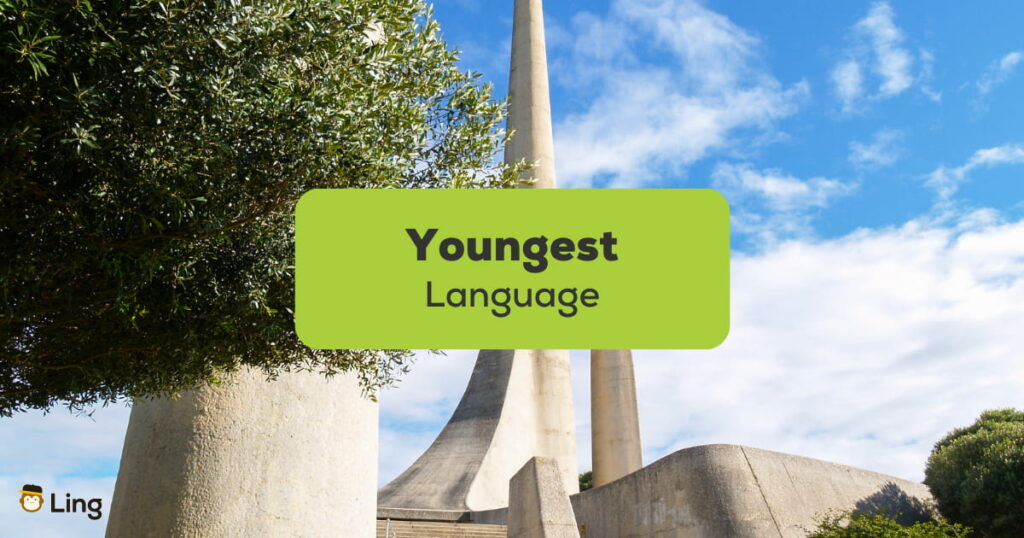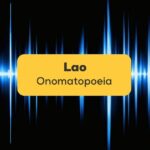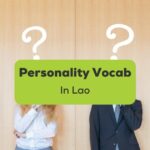The world’s youngest language, coming in at only 100 years old (officially), is the South African language of Afrikaans. Surprised? Afrikaans, the natively spoken language of 7 million South Africans, was born from the white Dutch, French, and German colonizers in South Africa in the 17th and 18th centuries.
Other influences from the indigenous and Malay people contributed to Afrikaans, as we will learn about later. Compare this to other languages, such as English. While the modern form of Afrikaans is less than 100 years old, the modern English language is 400+ years old, and Old English dates back hundreds of years further than that. So, Afrikaans is a very young language compared to other modern national & official languages!
Afrikaans should be easy to learn if you’re a native speaker of English or Dutch (comparatively). The Afrikaans’ grammar and vocabulary have similar counterparts in English and Dutch.
For example, look at the following words in Dutch, Afrikaans, and English.
| Dutch | Afrikaans | English |
|---|---|---|
| Prijs | Prys | Price |
| Cultuur | Kultuur | Culture |
| Nationaal | Nasionaal | National |
| Politie | Polisie | Police |
The main difference between these words is spelling! The similarities, especially between Dutch and Afrikaans, are compelling.
Fun fact! Most Dutch speakers can understand Afrikaans (especially in the written language), but Afrikaans speakers will not have the same level of comprehension of the Dutch language. This is because Afrikaans is 90-95% related to the Dutch language and has slight spelling differences easily recognizable by Dutch speakers.
Now it’s time to dive into more historical and cultural facts about the world’s youngest national language.
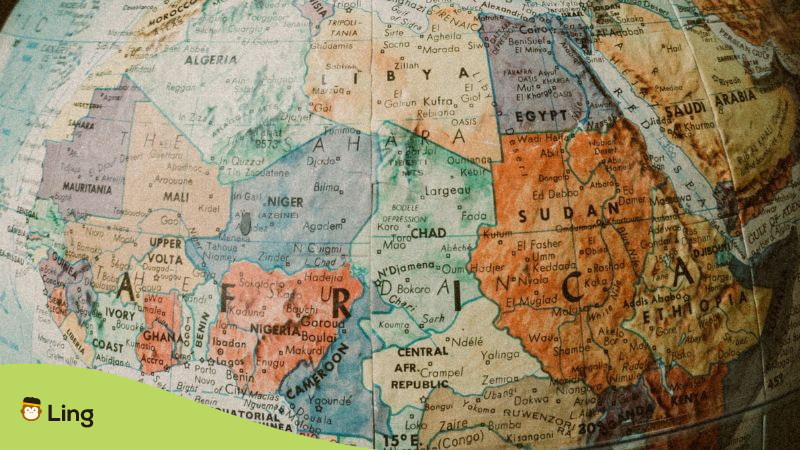
World’s Youngest Language: What Is The History Of Afrikaans?
Afrikaans is considered a spawn of the Dutch language (specifically from the Holland region of the Netherlands) and was initially called ‘Cape Dutch’ due to the large concentration of Dutch settlers in Cape Town.
The language evolved through the 1700s and morphed into the modern Afrikaans spoken today. Native Afrikaans speakers take great pride in their language and view it as a token of their striking (and young) culture.
Interestingly, the South Africans who speak Afrikaans as their first language make up only 14% of the population. Most South Africans speak Zulu (23%) and English (10% – though most people speak English, as it is the primary language used in the South African government). Technically, South Africa has 11 recognized official languages. Wow!
Though there are only 7 million Afrikaans native speakers in South Africa, another 8 million – 16 million people speak Afrikaans worldwide.
Some areas include African countries like Zimbabwe, Zambia, Malawi, and Lesotho. But a small portion of Western countries like the United States, Netherlands, and the United Kingdom also have Afrikaans speakers. Who would have guessed?
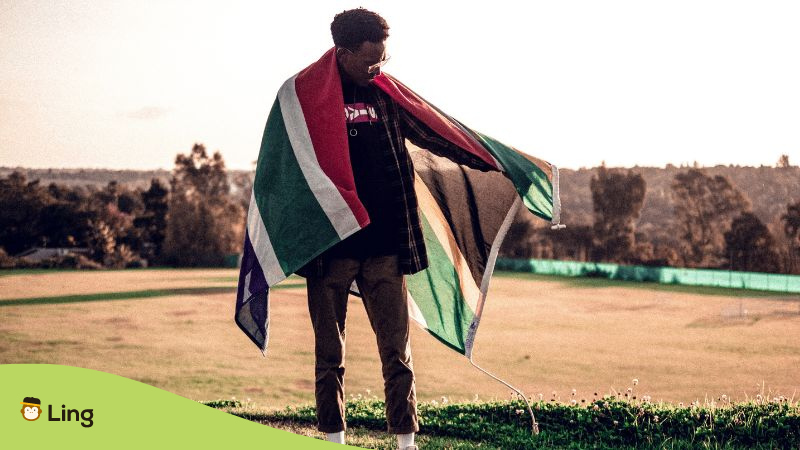
What Makes Afrikaans A Unique Language?
Afrikaans is unique in that it is a pidgin language – meaning that it was developed as a separate language of grammatically simplified communication between the Dutch, Malay, and Khoikhoi (native) people.
Over time, generations grew up speaking this pidgin language, which developed into what it is today. It is a misconception that only white South Africans speak Afrikaans. Because a hodgepodge of cultures and races came together to create the language, most people who speak Afrikaans are mixed-raced and of indigenous cultures.
The Afrikaans language was ratified in the 1920s when Afrikaans speakers outnumbered the people who knew Dutch. This means it became a recognized language in South Africa. The birth of a new language is a remarkable feat, one that is highly unlikely to occur again – so this was a huge moment in history.
The story and conception of Afrikaans is a fascinating piece of history that is unknown in most parts of the world. Keep reading to learn words & phrases in this remarkable language.
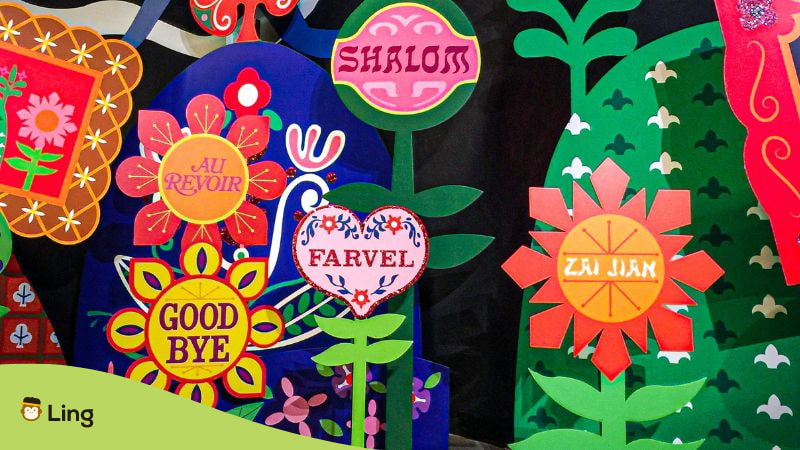
Afrikaans 101: Basic Words & Expressions To Know
Even if Afrikaans is the world’s youngest language, there are tons of vocabulary to learn. Listed below are the essential words & expressions you should know in the Afrikaans language. Do you see any resemblances to any Germanic language?
Simple Greetings In Afrikaans
- Hello – Hallo
- Good Morning / Good Night – Goeie More / Goeie Middag
- What’s your name? – Wat is jou naam?
- Please – Asselblief
- Thank You – Dankie
- You’re Welcome – Jy is welkom
- Yes / No – Ja / Nee
- Goodbye – Totsiens
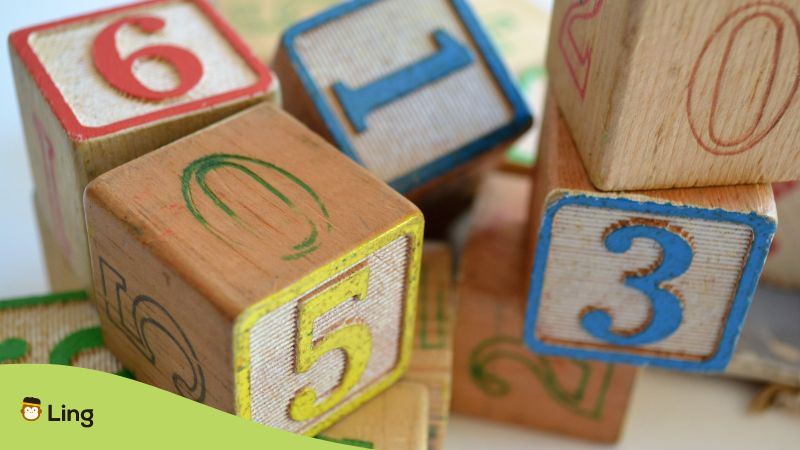
Numbers In Afrikaans
If you ever visit South Africa, it would be a good idea to be familiar with numbers in Afrikaans. You never know when you need to buy something or check the price of an item!
| English | Afrikaans |
|---|---|
| One | Een |
| Two | Twee |
| Three | Drie |
| Four | Vier |
| Five | Vyf |
| Six | Ses |
| Seven | Sewe |
| Eight | Agt |
| Nine | Nege |
| Ten | Tien |
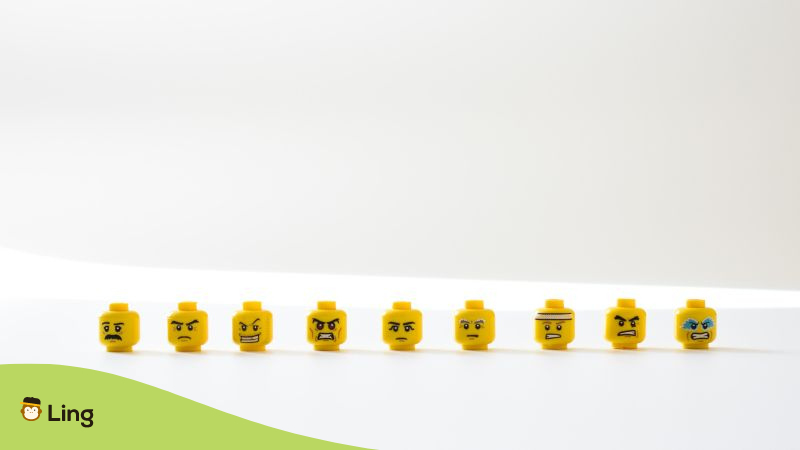
Expressions & Phrases In Afrikaans
Want a bit more advanced expressions & phrases? Try learning the following ones to improve your Afrikaans and be able to chat with native speakers.
| English | Afrikaans |
|---|---|
| Nice to meet you. | Aangenaame kennis. |
| Excuse me. | Verskoon my. |
| I’m sorry. | Ek is jammer. |
| What time is it? What’s the time? | Hoe laat is dit? |
| Where is the bathroom? | Waar is die badkamer? |
| How much is this? | Hoeveel kos dit? |
| I don’t know. | Ek weet nie. |
| I am from … | Ek is van … |
| I am ___ years old. | Ek is ___ jaar oud. |
Famous Idioms In Afrikaans
Afrikaans is a language rich in idioms and expressions. If you want to go more in-depth on the emotion and motivation behind the following sayings, check out 20 Popular Afrikaans Idioms To English.
| English | Afrikaans |
|---|---|
| Do not shake the chicken. (Do not overdo it) | Moenie die hoender ruk nie. |
| Now. (To say something is happening now but is actually later) | Nou nou. |
| The dolls will dance. (Something bad is going to happen) | Die poppe gaan dans. |
| The robe of the dead has no pockets. (Your possessions mean nothing once you die) | Die doodskleed het geen sakke nie. |
| That mouth should get jam. (Sharing something spot on) | So ń bek moet jem kry. |
Learn Afrikaans With Ling
‘Gesondheid!’ (cheers). We went on a journey to learn about the origins and history of the youngest language in the world. Afrikaans remains to have the most compelling language origin story in recent history, one that should not be forgotten.
If you learned something in this article and feel the fire to learn more Afrikaans, download the Ling app to further your language progression in a fun, interactive space. Download it on the App Store and Play Store for free today, and you’ll be set for your next trip to southern Africa.
